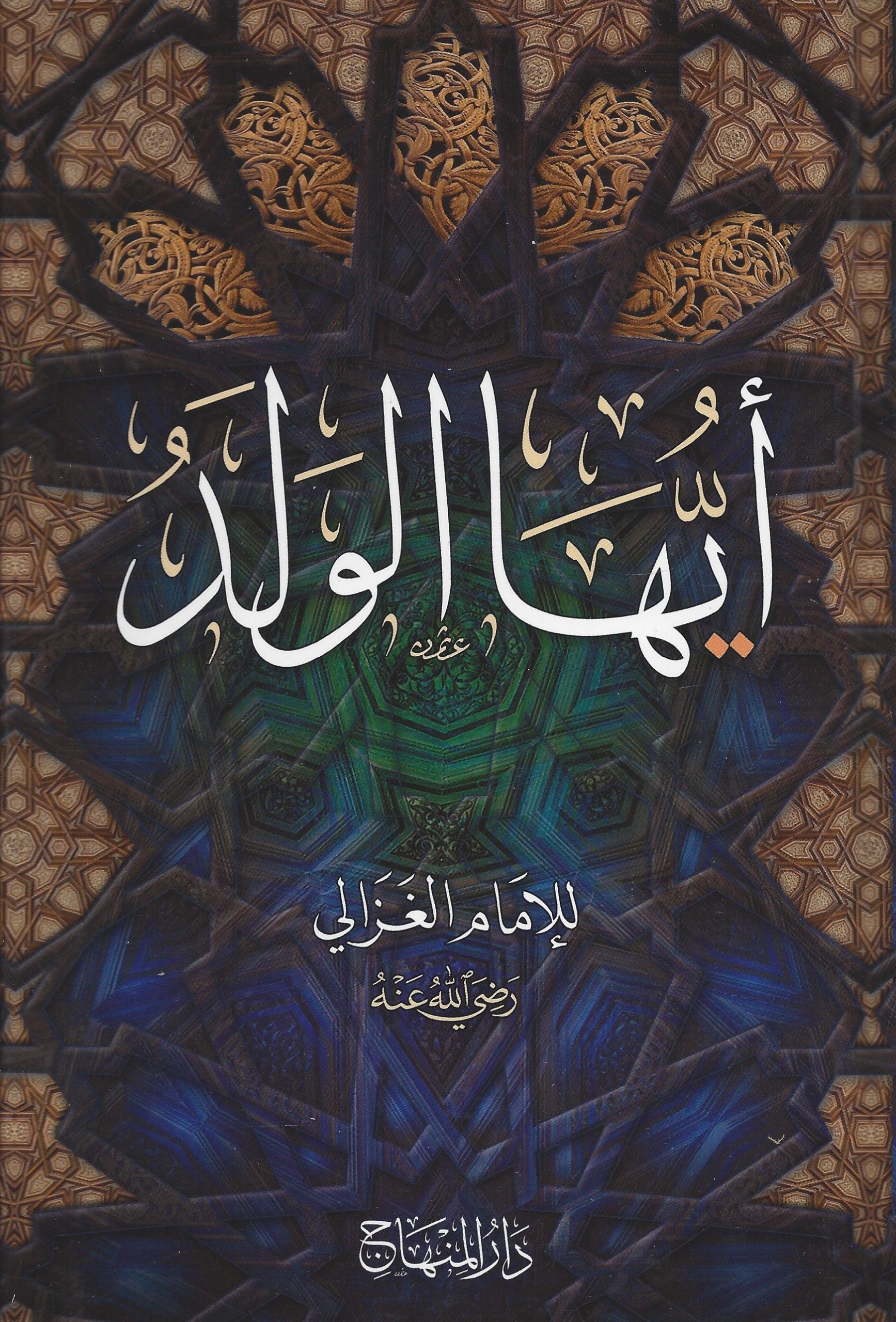Alexey Khismatulin. Sochineniya Imama al-Ghazali (The Writings of Imam al-Ghazali). St. Petersburg-Moscow: Peterburgskoe Vostokovedenie; Sadra, 2017.
The book deals with the Persian writings of al-Ghazali and has two parts: originals and fabrications. All of them are provided with the Persian originals at the end of the book (except the 2nd part of the Nasihat al-muluk). In the part of originals are: the Zad-i akhirat, the 1st part of the Nasihat al-muluk, and the Faza’il al-anam min rasa’il Hujjat al-islam.In the part of fabrications are: the Ei farzand (or Ayyuha al-walad), the Pand-nama, and the 2nd part of the Nasihat al-muluk.
Text IV of the book, placed here, presents the Ayyuha al-walad (Ei farzand) which is a fabrication, compiled in Persian one-two generations after the death of Muhammad al-Ghazali from his genuine letters (33 – totally and 4 – partly), from the ‘Ayniyya—a letter by his brother Ahmad al-Ghazali to his famous disciple ‘Ayn al-Qudat al-Hamadani as well as from ‘Ayn al-Qudat’s own letter. Later, this fabrication was translated into Arabic as the Ayyuha al-walad. Over 25% of the hadiths, cited in the Ayyuha al-walad were falsely attributed to different persons and belong there to a category of al-hadith al-mawdu‘ (الحديث الموضوع). While the fragments related to the two letters by Muhammad al-Ghazali along the hadiths cited there exactly correspond to what he said in his Ihya’ ‘ulum al-din. Argumentation can be seen in the foreword to the text.
